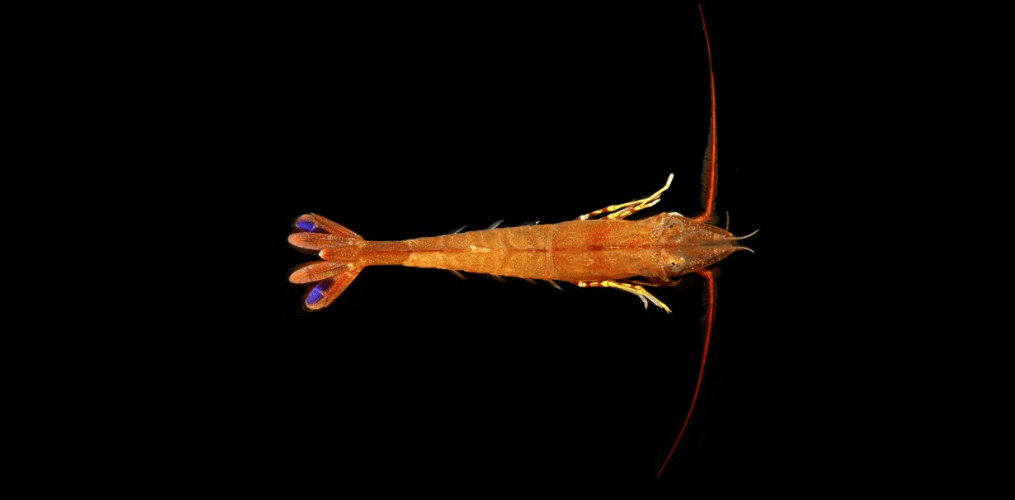
DecaNet is a database for decapod species and associated biodiversity information. Published on 23 June 2023, it falls under the World Register of Marine Species (WoRMS). Besides marine species, it aims to provide an authoritative list including freshwater, terrestrial biomes and a growing number of fossil taxa.
Decapoda are one of the best-researched groups of Crustacea. Researchers studied 17,229 species (December 2022), far beyond taxonomy in various scientific fields. Hopefully, DecaNet will act as a one-stop shop for taxonomic and biodiversity information on the group.
The taxonomic/systematic backbone of DecaNet is now largely complete. The fifteen volunteer editors for recent taxa and two for fossil taxa will continually update it. Over time, the database will incorporate more trait information, distributions, and perhaps even more.
DecaNet grew out of a meeting held in May 2022, at VLIZ (Oostende). Ten of the decapod editors met to discuss data content and structure and LifeWatch ERIC funded it. The first public presentation of the portal was at the 10th International Crustacean Congress in Wellington, New Zealand, in May 2023, a full year after the initial discussions.
The Data Management Team (DMT) is supported by LifeWatch Belgium, part of the E-Science European LifeWatch Infrastructure for Biodiversity and Ecosystem Research.